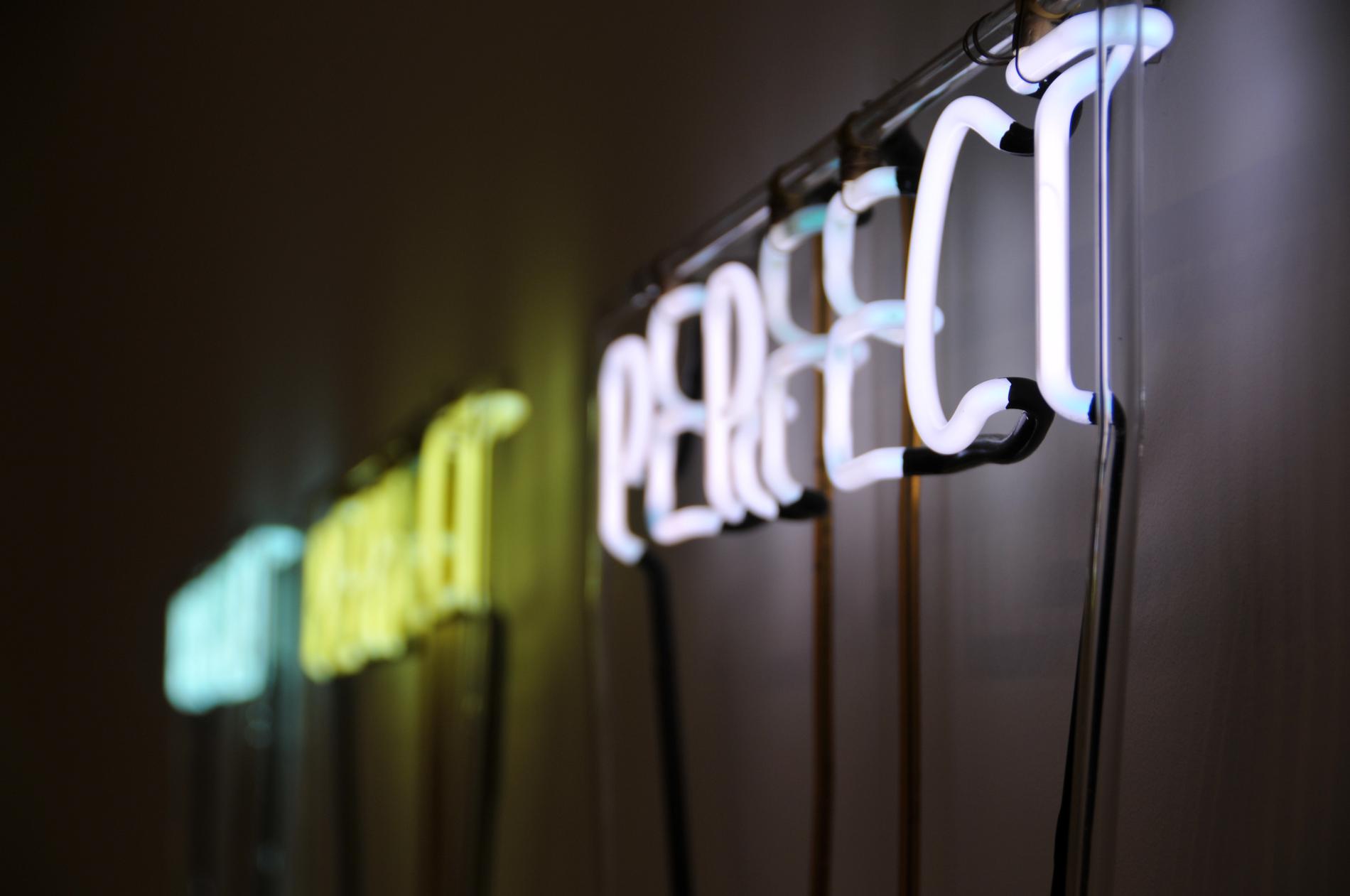
Islam and Eating Disorders
June 25, 2015, 8:34 p.m.

Trigger warning: This post contains unresolved body image issues. The original author, who wishes to remain anonymous, shares experiences which include maladaptive behaviours that may negatively affect some readers. Although the author still engages in these behaviours today, she is aware of the effect they have on her overall happiness
Recently, my family and I flew into Lahore, Pakistan for a family wedding. Across the room, I overheard a relative comment, "I can't believe how slim she is even after three children!" If only they knew about the negative relationship I had with my body.
As a teen, I never had body image issues. It all started when I was in college. During this time, my brother was set to get married and my mother was searching for the perfect daughter-in-law. It was difficult to find a girl who matched my brother's list of expectations. My Grandmother insisted that we meet someone she knew in Nazmabad, Lahore. I went with my mother to meet my brother's potential wife and I instantly took a liking to her. She was pretty, graceful and nice. After visiting her family home numerous times, my father and brother rejected her because they were not content with her looks, despite her other wonderful characteristics. This gave birth to my own insecurities and my own body image issues. I never wanted to experience that type of rejection.
In 2004, I got married and moved in with my husband. There was a lot of pressure to look good and appear presentable to the outside world. I was adorned in beautiful clothing, Indian style saris and western tailored outfits, which only intensified my preoccupation with my outward appearance. I wanted to look my best all the time. At first, I was concerned about teeth. Then came my skin tone, I would avoid going out during the day time. I panicked at the mere thought of having bronzed skin. Next it was my hair. Getting ready started to take longer because I was distracted by how I viewed myself. In one day, I would go through 3 to 4 outfit changes and I constantly looked at myself in the mirror.
In 2005, we moved to the city of Boston, away from the hustle and bustle of Lahore. Unfortunately, this move further fuelled my insecurities. I constantly watched daytime television shows and became fixated on the characters’ bodies. At this point, I was also in the first trimester of my first pregnancy and I was aware of how my changing body contrasted against the slender images on my TV screen. After the birth of my first son, I began to diet because I believed losing weight would make me feel more confident. I spent thousands of dollars “perfecting” my smile, my hair, nails, and eye lashes. Despite all of these changes, I would still look at myself in the mirror and see a collection of flawed parts, which led to many bad days. If I failed to meet my weekly weight loss goals, self-recrimination and negative thinking would settle in. I would feel like a failure and I spent a lot of time feeling depressed.
Now, more than ten years later, with three sons all under the age of ten, I still live with many of my insecurities. Unfortunately, things have not changed and I still feel an immense desire to fit in. There are so many women like me in Lahore and in Boston. I walk around and I see hundreds of beauty salons. I see hundreds of young girls trying to make a fashion statement. It seems as though we are all in competition with one another. Women are still out there hunting for perfect daughter in-laws; they have no idea how many hearts they break with their rejection or how they influence so many body image insecurities. I am tired with this quest for perfection. I wish society did not place so much value on one’s looks.
Islam and Eating Disorders was created in 2012. Coordinated by Maha Khan, the blog strives to raise awareness of Eating Disorders in the Muslim community by offering information and support for sufferers and their loved ones. In 2015, Islam and Eating Disorders partnered with the National Eating Disorders Association during NEDAwareness Week 2015. Maha’s newest campaign is “Responsible Ramadan,” a compilation of video messages on religious fasting from individuals across the world.